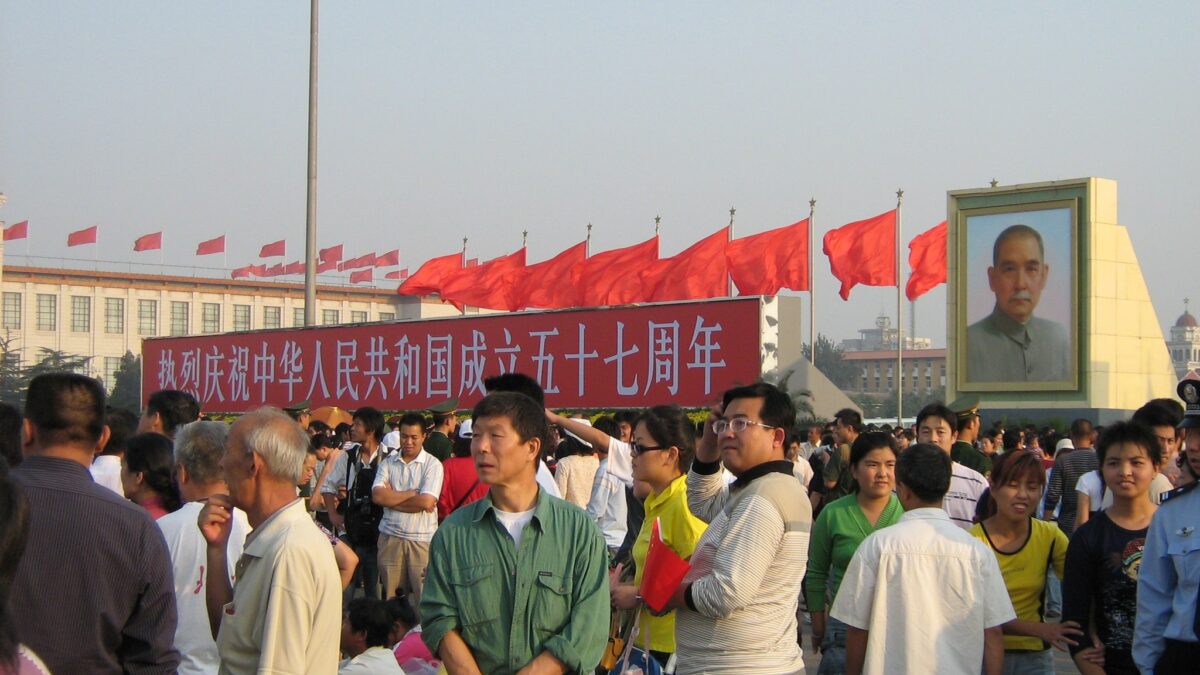Revered China expert Frank Dikotter’s latest book, ‘China After Mao: The Rise of a Superpower,’ paints a damning portrait of gullible Western leaders unwilling to pressure the CCP
One of the West’s most significant foreign policy blunders was its blind faith that economic engagements with China would empower moderate Communist party members to launch political reforms. Such wishful thinking, unfortunately, is not the only China illusion the West has fallen for, according to Frank Dikotter’s new book “China After Mao: The Rise of a Superpower.”
Dikotter, as the chair professor of humanities at the University of Hong Kong since 2006, has a front-row seat from which he can observe Chinese history. He’s also traveled to China many times and sifted through thousands of municipal and provincial government archives and primary source materials. All of this research enabled him to author the award-winning “People’s Trilogy,” a series of books that document the Chinese Communist Party’s rise to power and how its ideology and policies inflicted unimaginable pain on the Chinese people from 1945 to 1976, the year Chairman Mao, the worst mass-murder of human history, died.
Dikotter’s new book picks up from 1976 to the present and covers significant political events such as the CCP’s internal power struggle after Mao’s death and the 1989 Tiananmen Square Massacre. The book also devotes many pages to analyzing China’s economy. An immense contribution of this book is that it shatters the image of a more open and powerful China.
Socialism Persists in China
A common misbelief about China is that through four decades of “economic reform,” the Chinese economy has become more market-oriented than it was under Mao’s rule. According to Dikotter, the term “economic reform” is inaccurate. In actuality, the CCP was “tinkering with a planned economy” and misleading the public about economic reform whenever it needed to attract foreign investments or seek memberships to international organizations such as the World Trade Organization (WTO).
Thus, China’s economy today is as much a socialist one as it was under Mao since the state still controls all the means of production. Dikotter writes, “To this day, the land belongs to the state, a great many raw material resources belong to the state, major industries are controlled directly or indirectly by the state, and the banks belong to the state … 95 of the top 100 private firms belong to current or former party members.” To this point, the state-owned banks distribute capital as political goods to state-owned enterprises to pursue political goals. The Chinese government still follows the former Soviet Union’s central planning model by issuing an economic plan every five years. Capital is not allowed to flow freely in China.
So how did China’s socialist economy still generate visible economic growth in the last four decades? The Chinese people pulled themselves out of poverty by disobeying the party’s orders. According to Dikotter, “Even before Mao died, villagers in many parts of the countryside sought to regain control [not ownership] over the land … In some cases, local officials quietly distributed land to the farmers. In others, they merely looked away.” --->READ MORE HERE
If you like what you see, please "Like" and/or Follow us on FACEBOOK here, GETTR here, and TWITTER here.


No comments:
Post a Comment